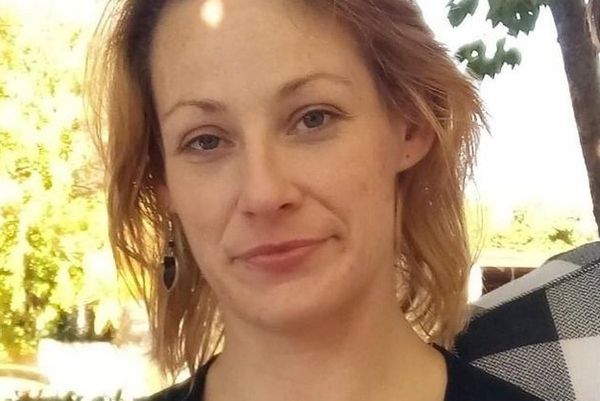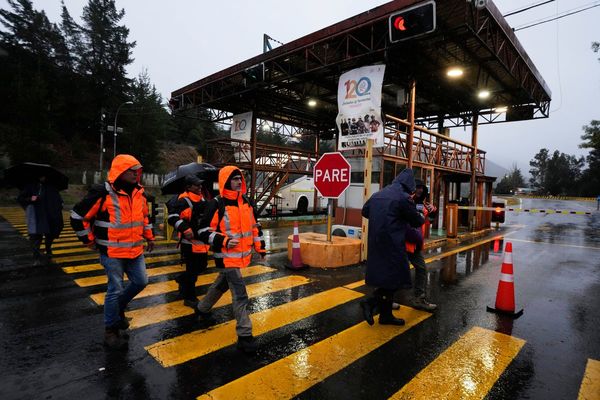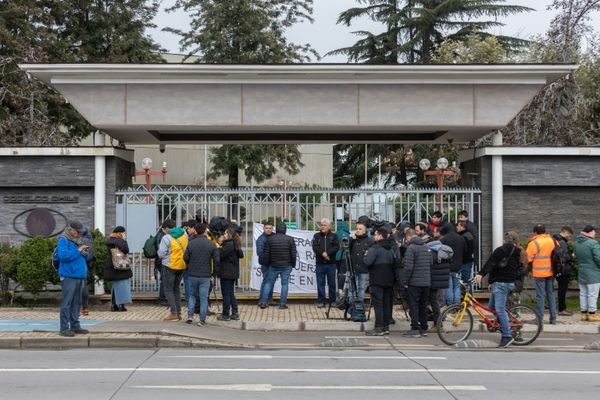People gather around the world to celebrate Hanukkah, and the festival is one of the most-beloved Jewish holidays.
Hanukkah — Hebrew for "dedication"— is also known as Chanukah or the Festival of Lights.
The eight-day celebration remembers the rededication of the Second Temple in Jerusalem, Israel.
Hanukkah has gained growing appreciation worldwide and is even a recognised holiday at the White House, with US presidents hosting annual Menorah lightings and parties.
When is Hanukkah 2021?
This year, Hanukkah began on Sunday, November 28 and finishes on Monday, December 6.
The date of the celebration is determined by the 25th day of the Jewish month of Kislev.
Based on the lunar cycle, the Jewish calendar sees the first day of Hanukkah anywhere from late November to December on the Gregorian calendar.
What is the history behind Hanukkah?
Unlike other Jewish holidays, Hanukkah is not mentioned in the Bible.
The story of Hanukkah is recorded in the post-biblical Books of the Maccabees.
Importantly, Hanukkah commemorates the victory of the Maccabees, a small army of Jewish people, fighting against the army of King Antiochus IV of Syria.
In 168 BC, the Seleucid Greek empire ruled over Jerusalem and outlawed Jewish practice.
They also desecrated the Jewish Temple.
After the Maccabees won the battle and regained the Temple, one oil bottle was found and used to illuminate the Temple's menorah for one day, but the flame burnt for eight full days.
The Jewish people saw the long-lasting oil as a miracle.
How do people celebrate Hanukkah?
Over the eight nights, people celebrate Hanukkah by lighting one candle each night on the menorah.
The menorah holds nine candles, and is placed in the doorway or window during Hanukkah.
The shammash, or servant candle, is lit first and used to help light the others.
On the first night of Hanukkah, the candle on the far right is lit, and on the second night, the candle on the far left is lit.
Each candle on the menorah continues to be lit, alternating from right to left each night.
A blessing is offered while each candle is lit.
To further celebrate the festive, people play dreidel (spinning top) and also give each other Glet (chocolate gold foiled coins).
When King Antiochus IV ruled, all Jewish practices, including reading and studying the Torah, were banned.
The Jewish community would study the Torah in secret by pretending to play dreidel.
A dreidel's four sides feature the Hebrew letters Nun, Gimel, Hay and Shin. Together, they translate to "a great miracle happened there".
Food fried in oil is also used to symbolise the long-lasting oil event.
Traditional Hanukkah foods include latkes (potato pancakes), kugel (noodle or potato casserole) and sufganiyot (jelly doughnuts).
How do I wish my friends a happy Hanukkah?
The traditional greeting for observing Hanukkah is "Hanukkah sameach!" which means "Happy Hanukkah!" or "Chag urim sameach" which means "Happy Festival of Lights".
If you want to join in the celebrations, Hanukkah events are held by local governments and community groups across Australia every year, and are often promoted as Chanukah.







